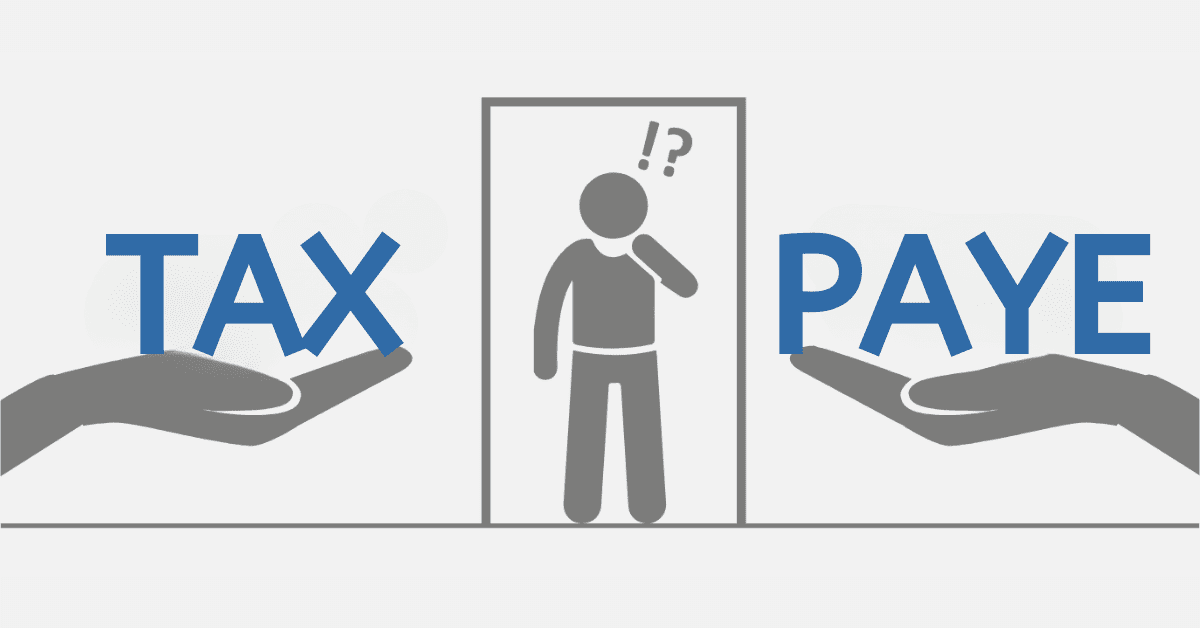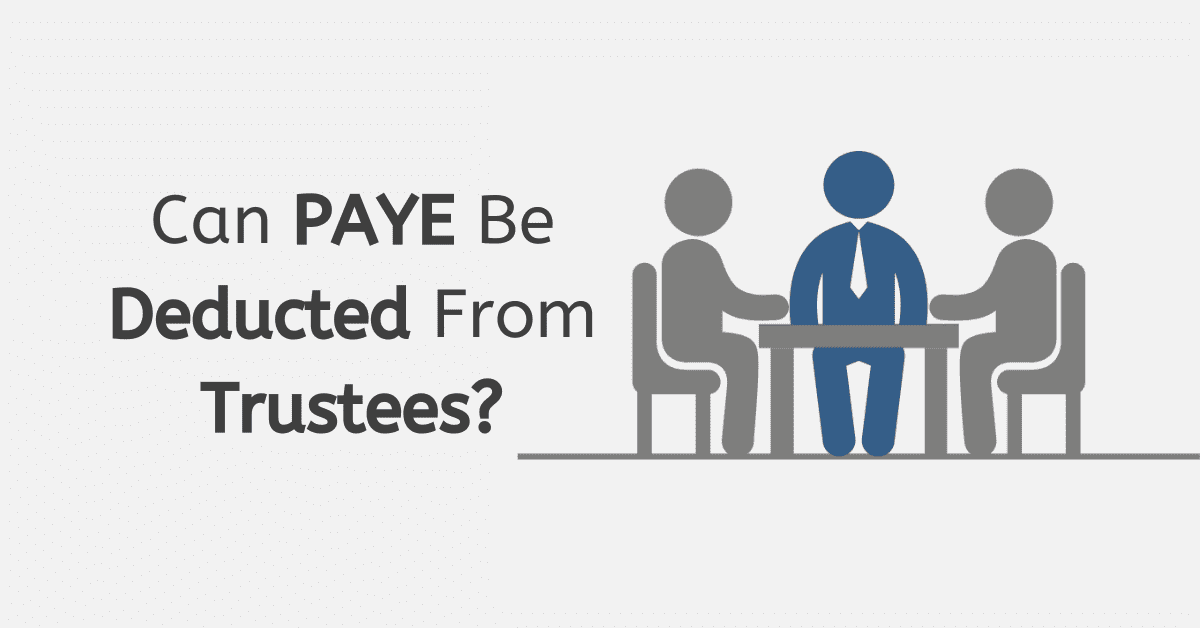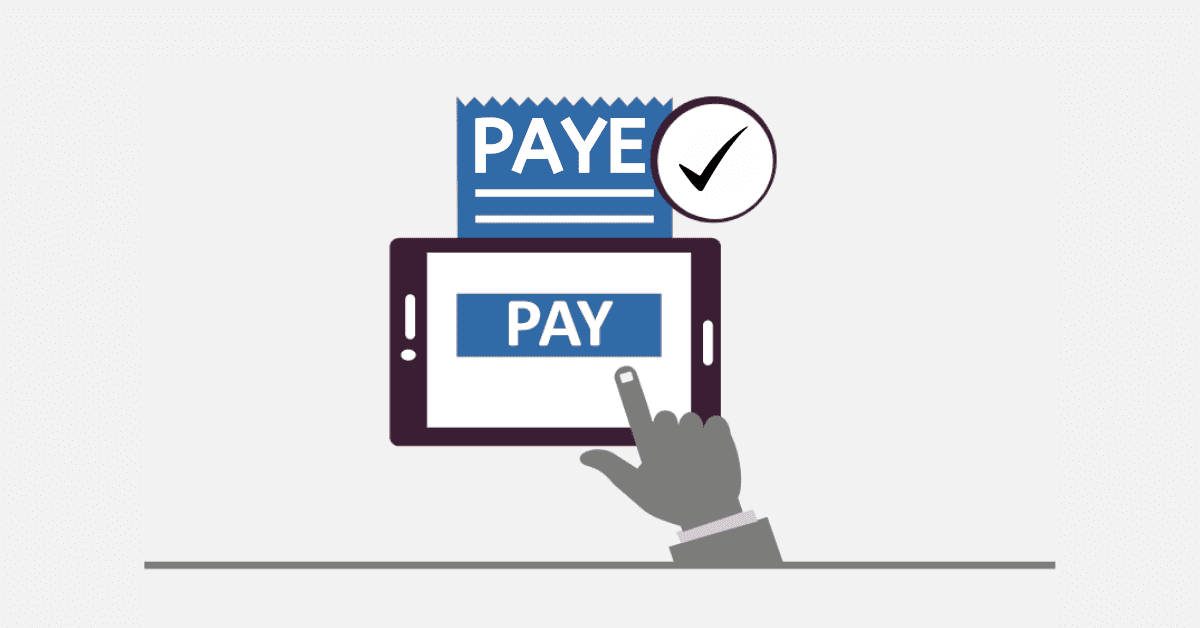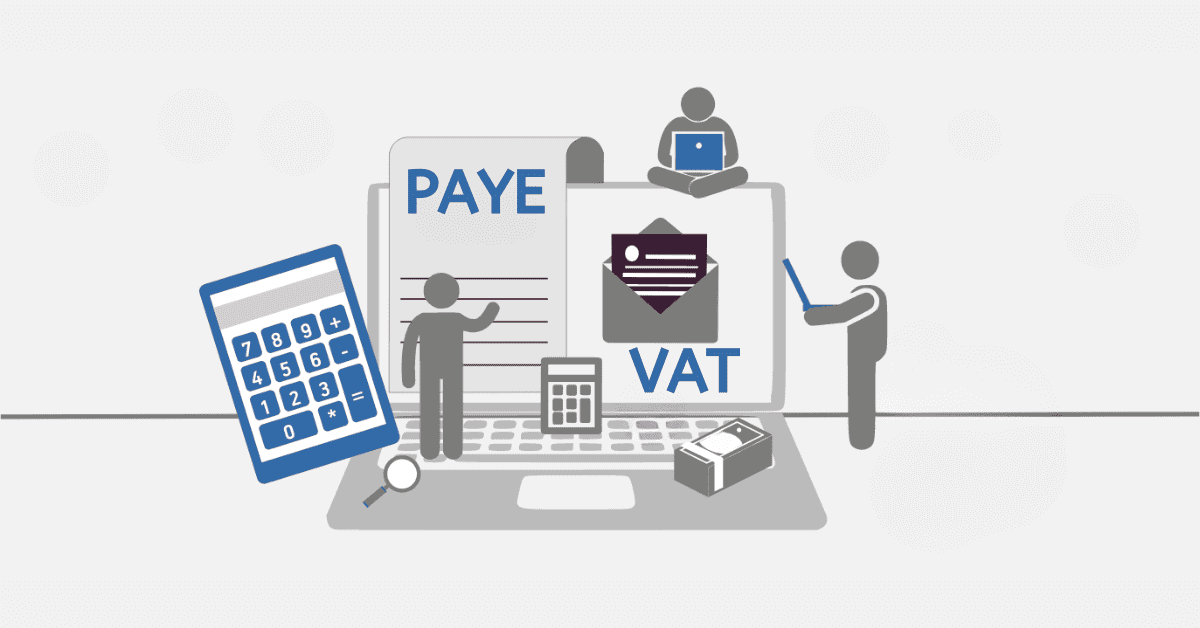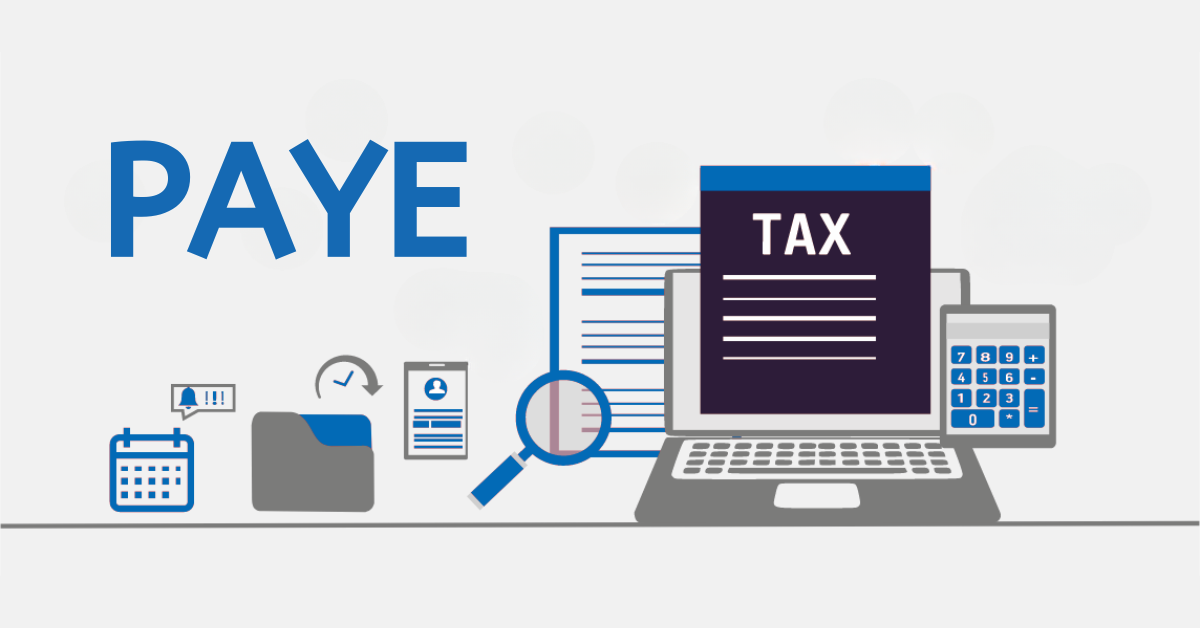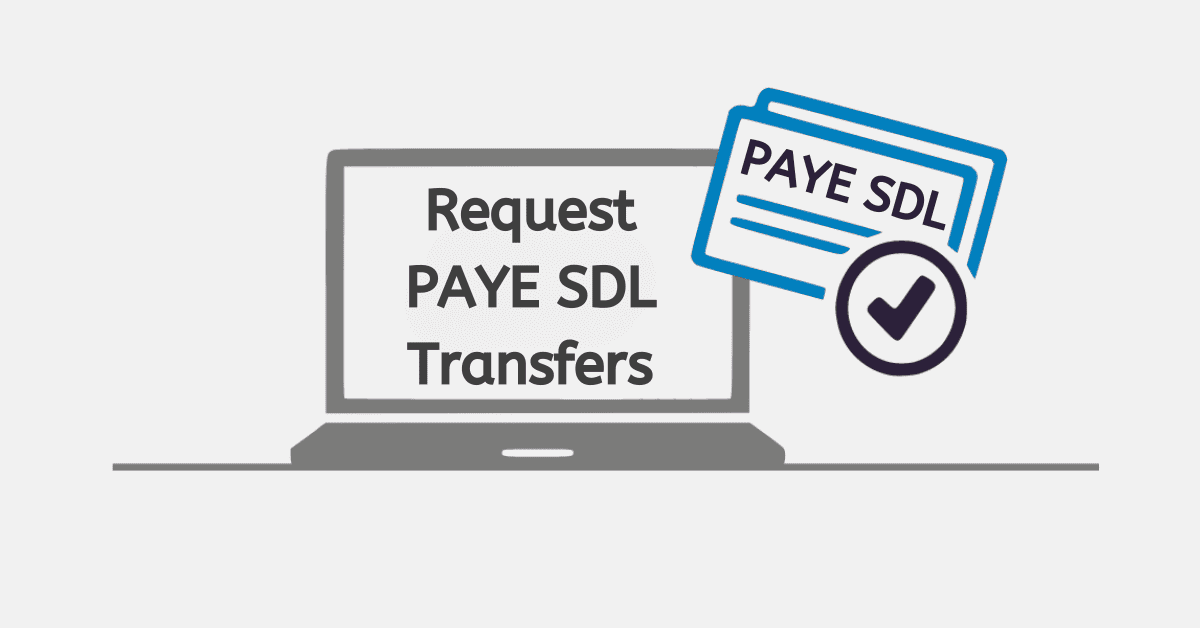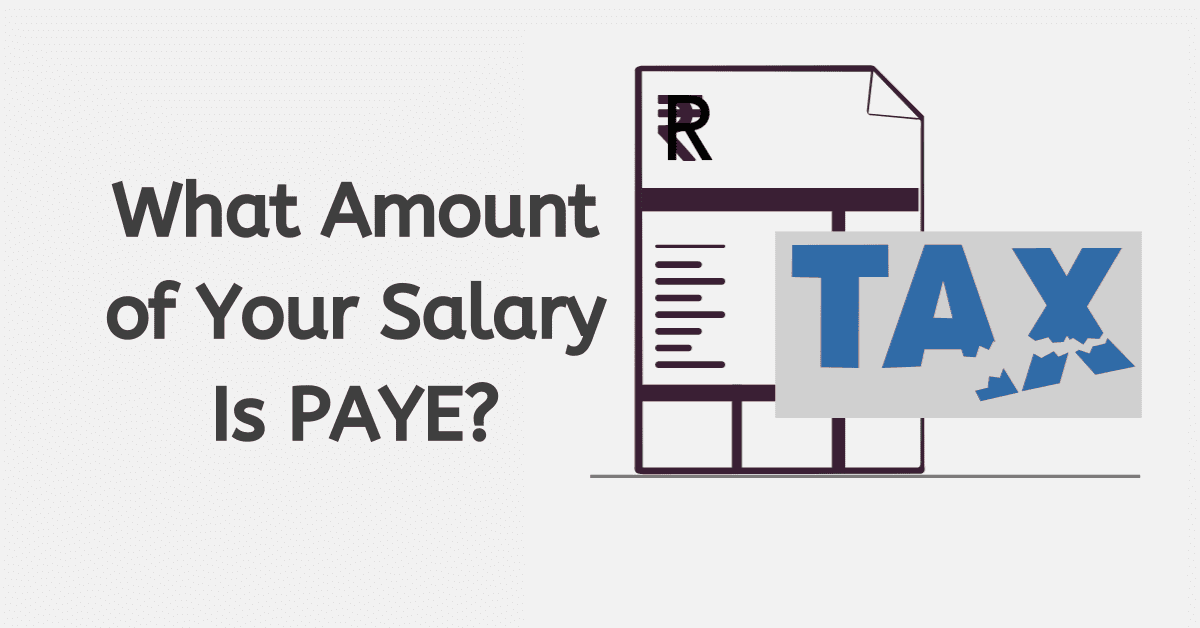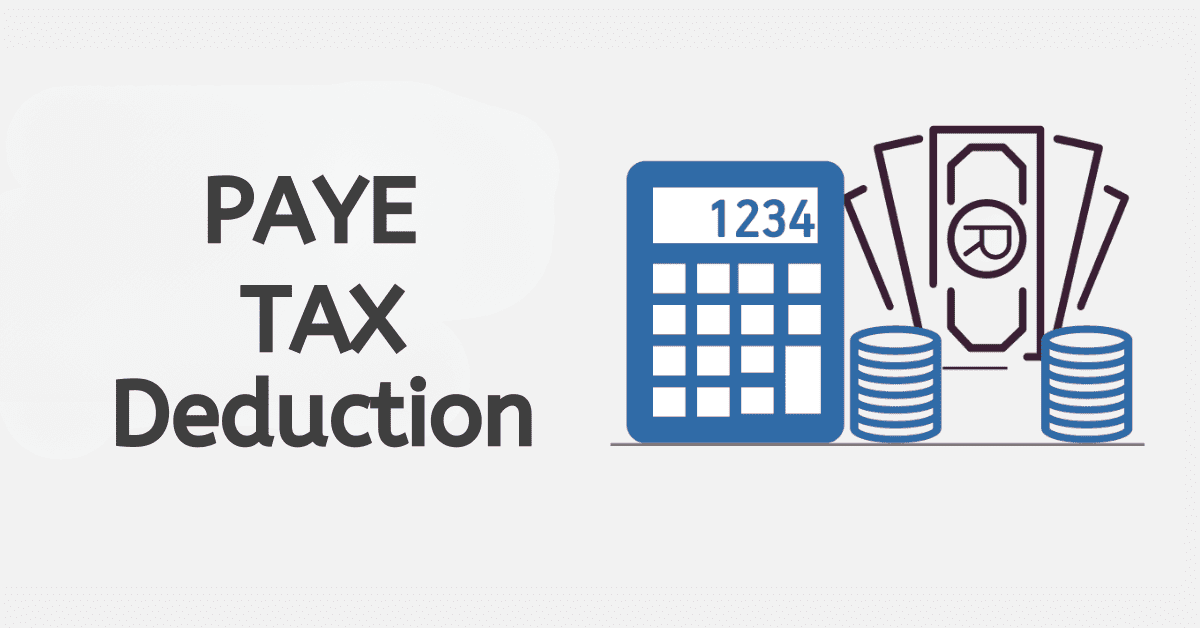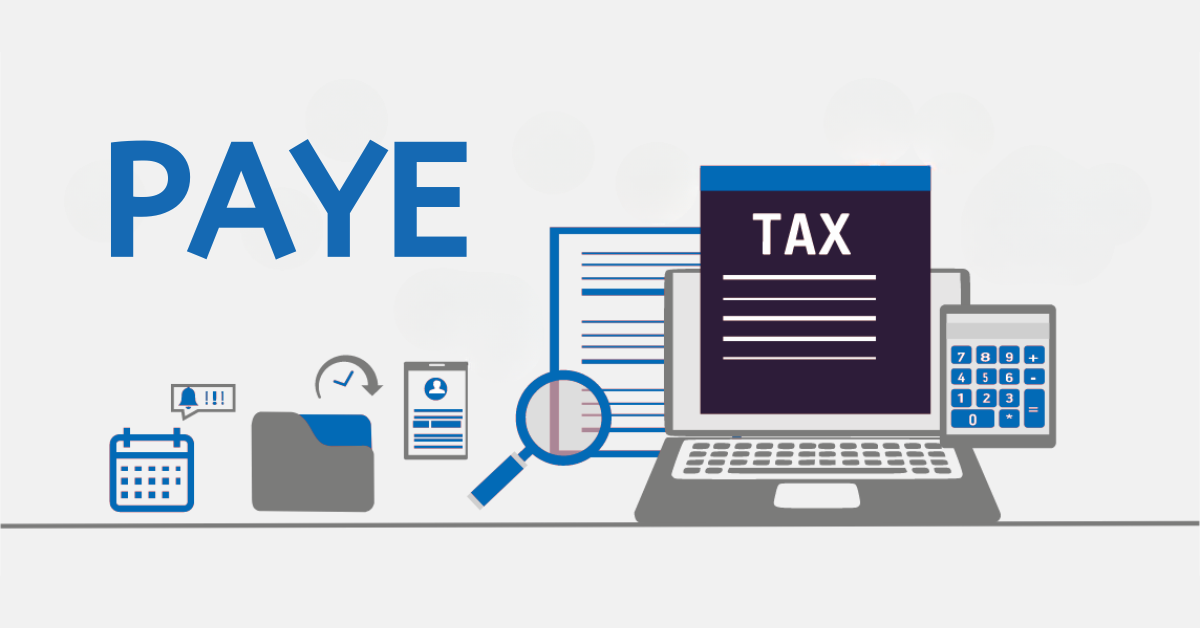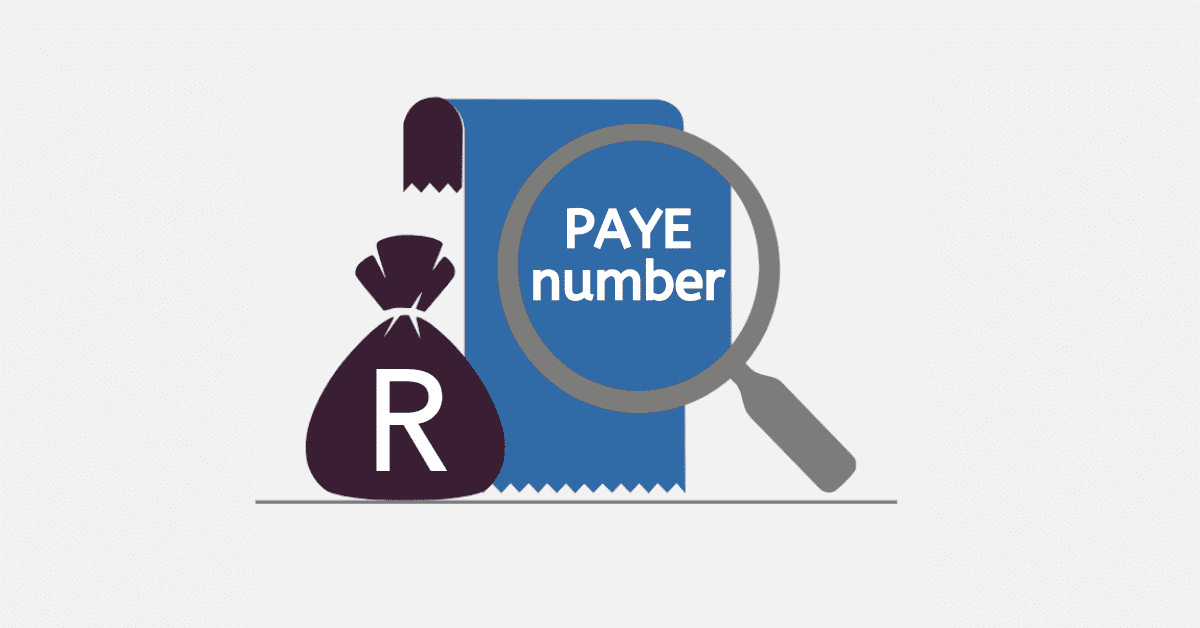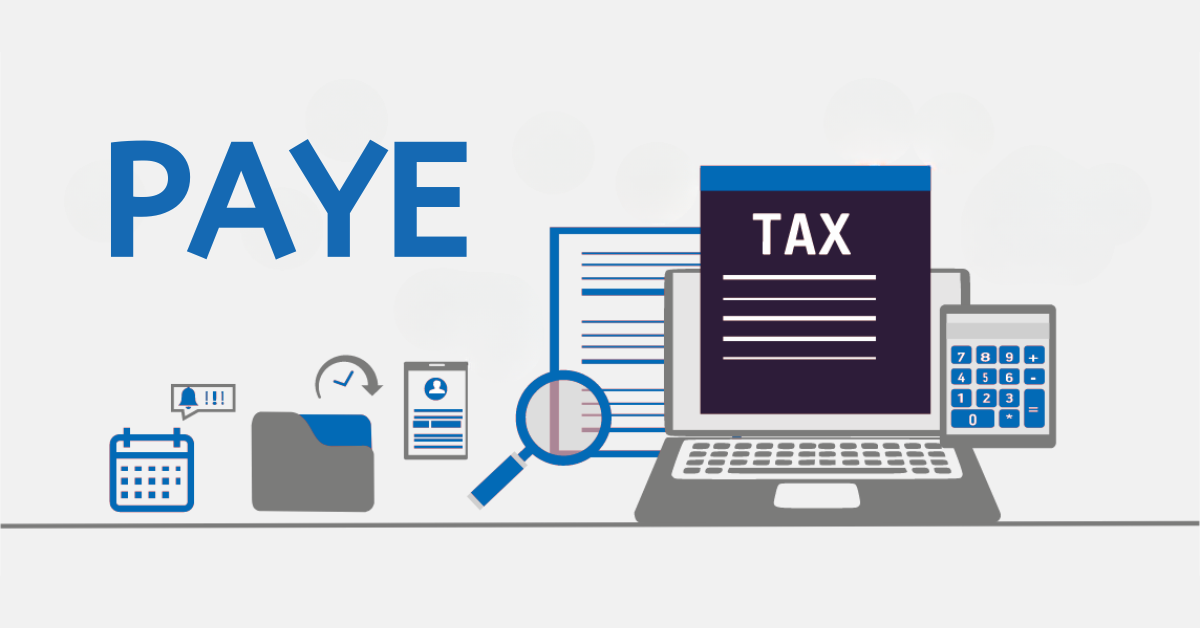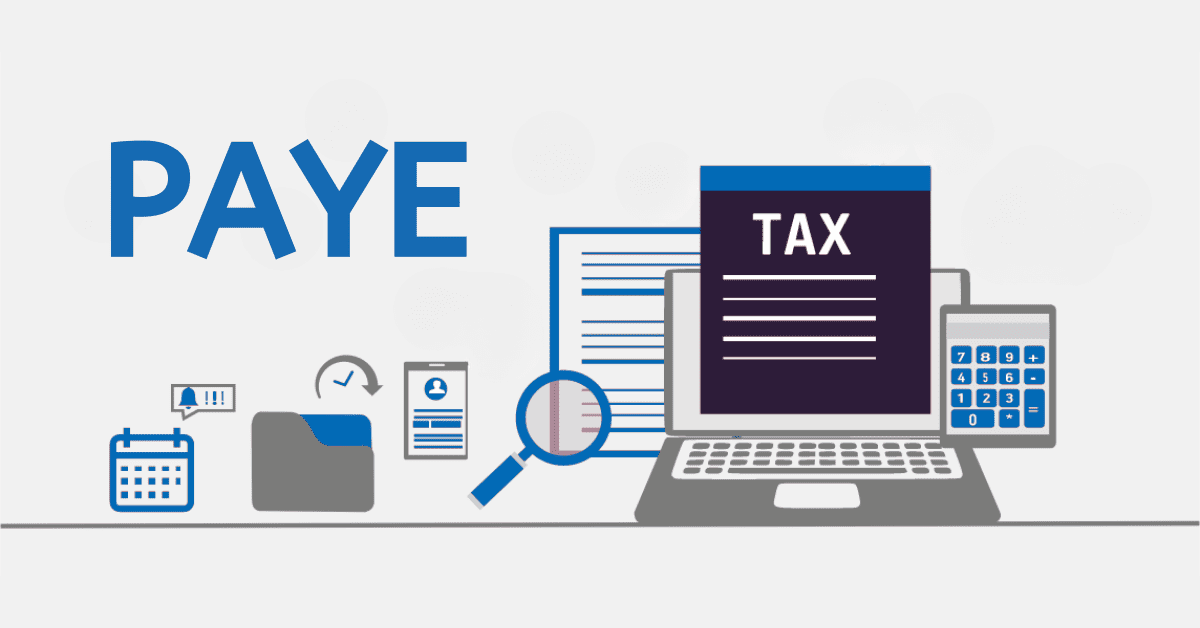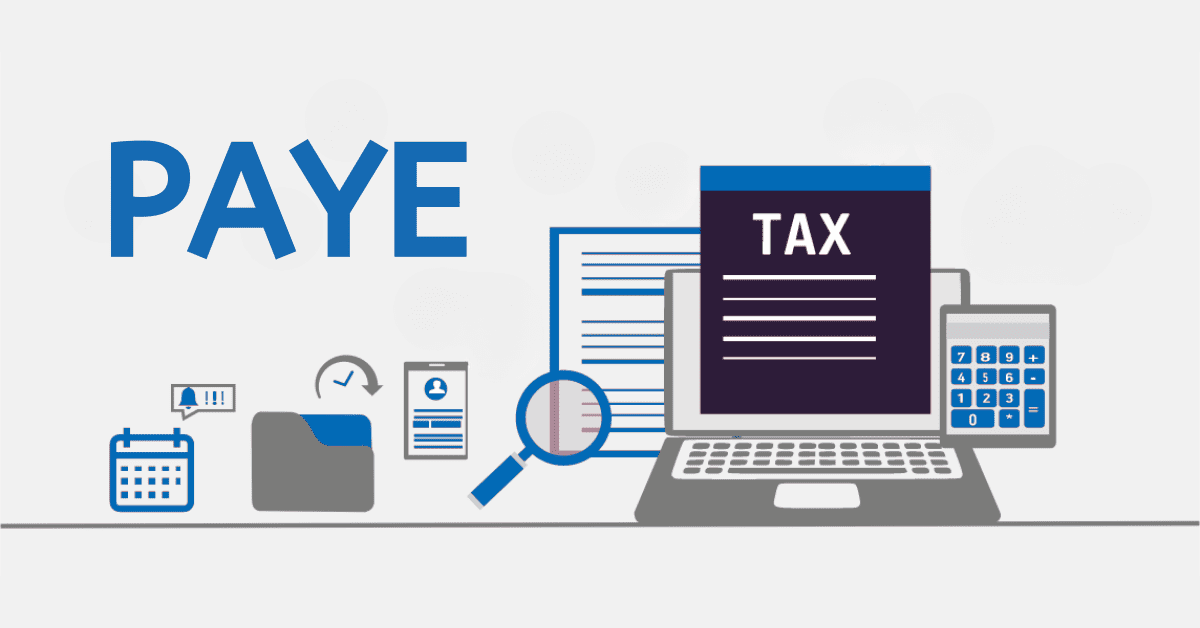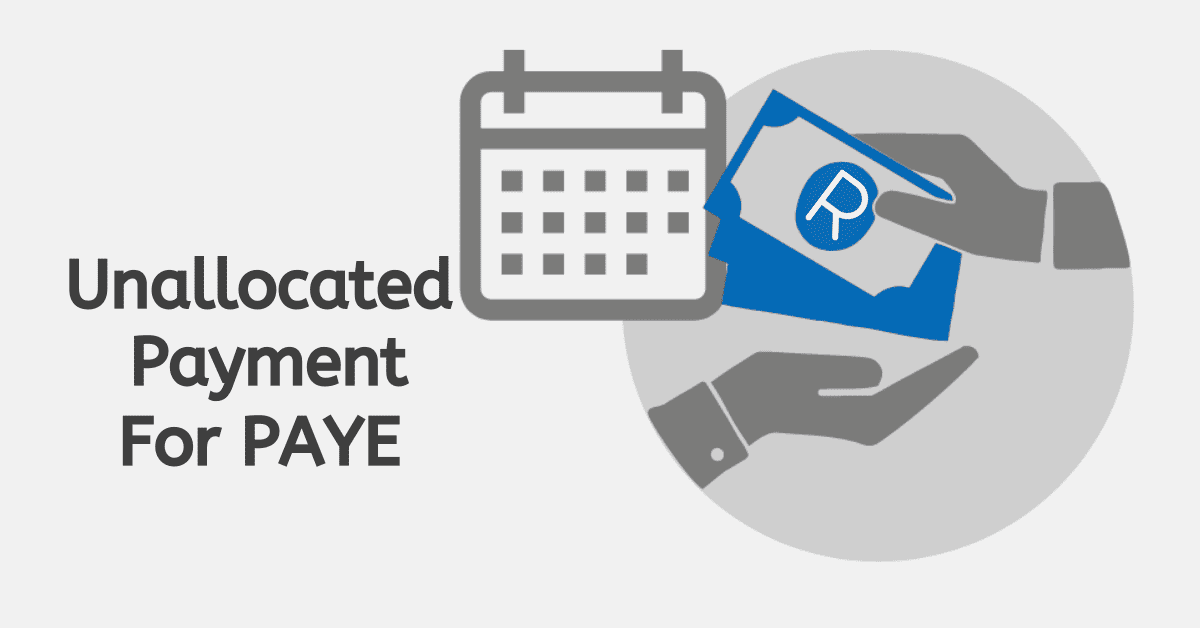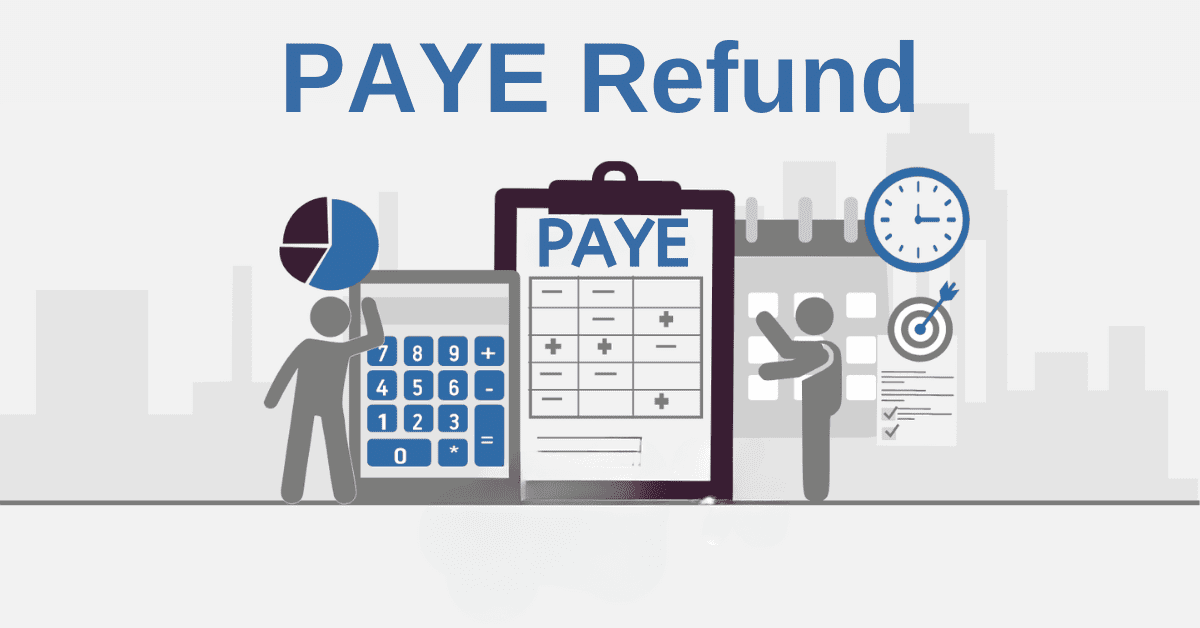Many South Africans resent having to pay taxes at all. And it’s natural- no one likes handing over a chunk of their hard-won income to third parties, especially if they believe the funds are not being well-used, or that they don’t benefit from that tax payment. While the PAYE system is often seen as a tax compliance measure from SARS, it does have some benefits to offer the employee paying it. Today we look at these benefits in greater depth.
How Do Employees Benefit From PAYE Deductions?
You may be surprised to learn that PAYE deductions work for the employee as much as they do the ‘tax man’, or SARS. While parting with a portion of your hard-earned income is never joyful, PAYE deductions bring several tangible benefits to employees. Many of us are not financially disciplined, and it was common (before the PAYE system) for people to spend every cent they earned in 11 months of the year and then scramble to find the cash to cover their income tax obligations. PAYE instead takes a solid approximation of your income tax for the year and deducts it monthly in a structured, regular way that removes that panic and burden from your shoulders. By spreading the tax liability across each paycheck, employees can manage their cash flow more effectively. So the PAYE system ensures that taxes are paid incrementally throughout the year, preventing the accumulation of a large tax bill.
This means that employees can plan and budget more effectively, knowing that a portion of their income is already allocated to taxes. This predictability allows for better financial planning, enabling you to allocate funds for essential expenses, savings, and discretionary spending with greater accuracy and no unpleasant surprises down the line.
Of course, this means that PAYE deductions also facilitate compliance with tax obligations. By deducting taxes at the source, employers ensure that a solid approximation of your overall tax is remitted to SARS on your behalf. This helps reduce both unintentional and deliberate non-compliance.
What Happens If An Employer Does Not Deduct PAYE?
Non-compliance with PAYE deductions can have serious consequences for both employers and employees. Employers face stringent penalties and interest charges for failing to deduct or remit PAYE accurately and on time. SARS imposes these penalties to encourage compliance and discourage negligence in tax matters. Non-compliance with tax obligations can have significant legal consequences for employers. SARS has the authority to take legal action against entities that fail to fulfill their tax obligations, including pursuing legal proceedings to recover outstanding taxes.
However, that doesn’t mean the employee gets off scot-free. Regardless of an employer deducting PAYE, you still have the end burden of liability to ensure your tax money is paid. Employees will find themselves facing (unexpected) tax liabilities if their employers fail to deduct the correct amount of PAYE. This situation can lead to financial strain and potentially tarnish the relationship between employees and employers. Sadly, you will still be liable for the amount missing if your employer claims
While it would be wonderful if every employer was legitimate, above board, and diligent, the reality is that many are not. This is why a smart employee should carefully monitor their paycheck, ensure PAYE is being deducted at the correct rate, and take steps to confirm with SARS that their PAYE payments are being paid over. This allows you to act fast if you notice fraudulent behavior from your company. Don’t be lulled into a false sense of security, either. Many previously diligent employers may start to fudge their tax obligations if the company is going through a rough patch, so constant monitoring is called for, even if everything has been above board to date.
Who Is Responsible For Deducting PAYE?
The responsibility for deducting PAYE lies with the employer. Employers are obligated to withhold the correct amount of tax from employees’ salaries or wages and remit these deductions to SARS every month. The PAYE system places the onus on employers to ensure accurate and timely compliance with tax regulations.
Employers must also provide employees with payslips that detail the amount of PAYE deducted, along with other relevant information. This transparency is intended to boost trust between employers and employees and allows individuals to monitor their tax contributions accurately.
What Is The Purpose Of PAYE?
The PAYE system is intended to ensure the efficient collection of income tax from individuals. It encourages better budgeting, timely tax payments, and stops the accumulation of large tax bills. It also means that the government has a consistent revenue flow throughout the year and boosts compliance/reduces tax evasion.
The PAYE system also simplifies the tax payment process for individuals. By deducting taxes at the source, employees benefit from a straightforward and predictable mechanism for meeting their tax obligations.
While we doubt many people enjoy paying PAYE with every paycheck, the system does have its benefits for all parties- and now you know more about them.
